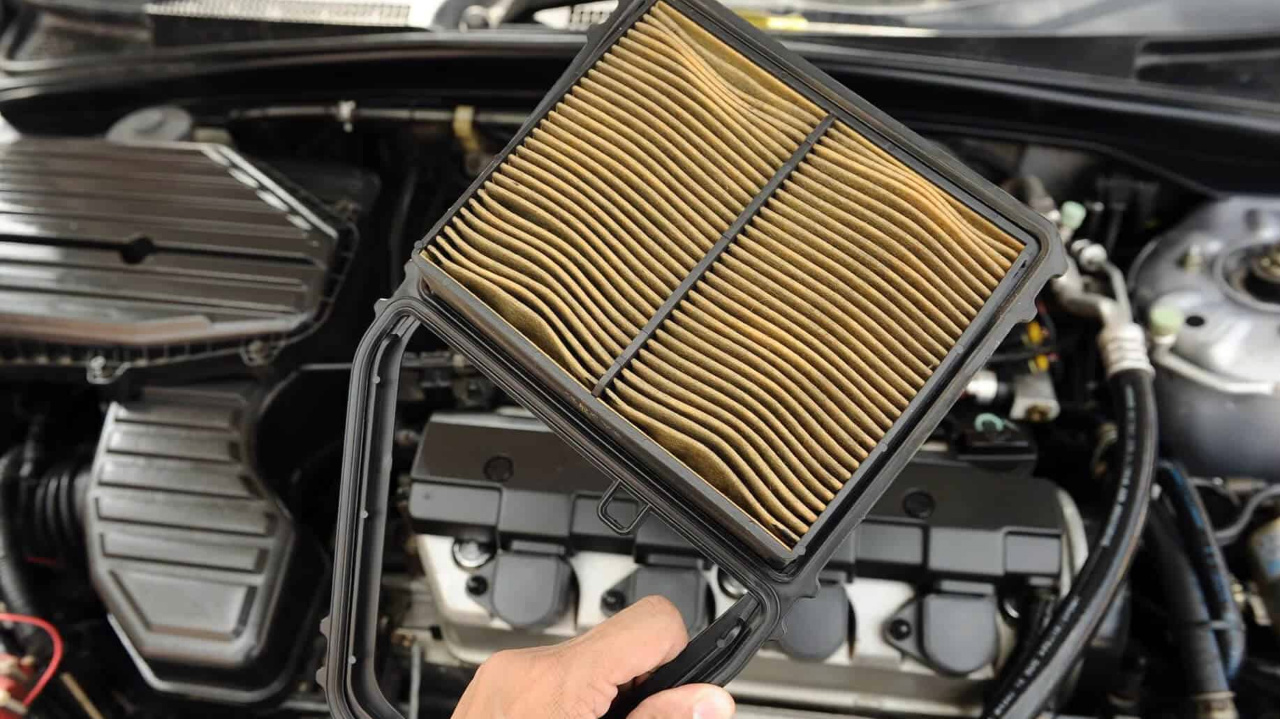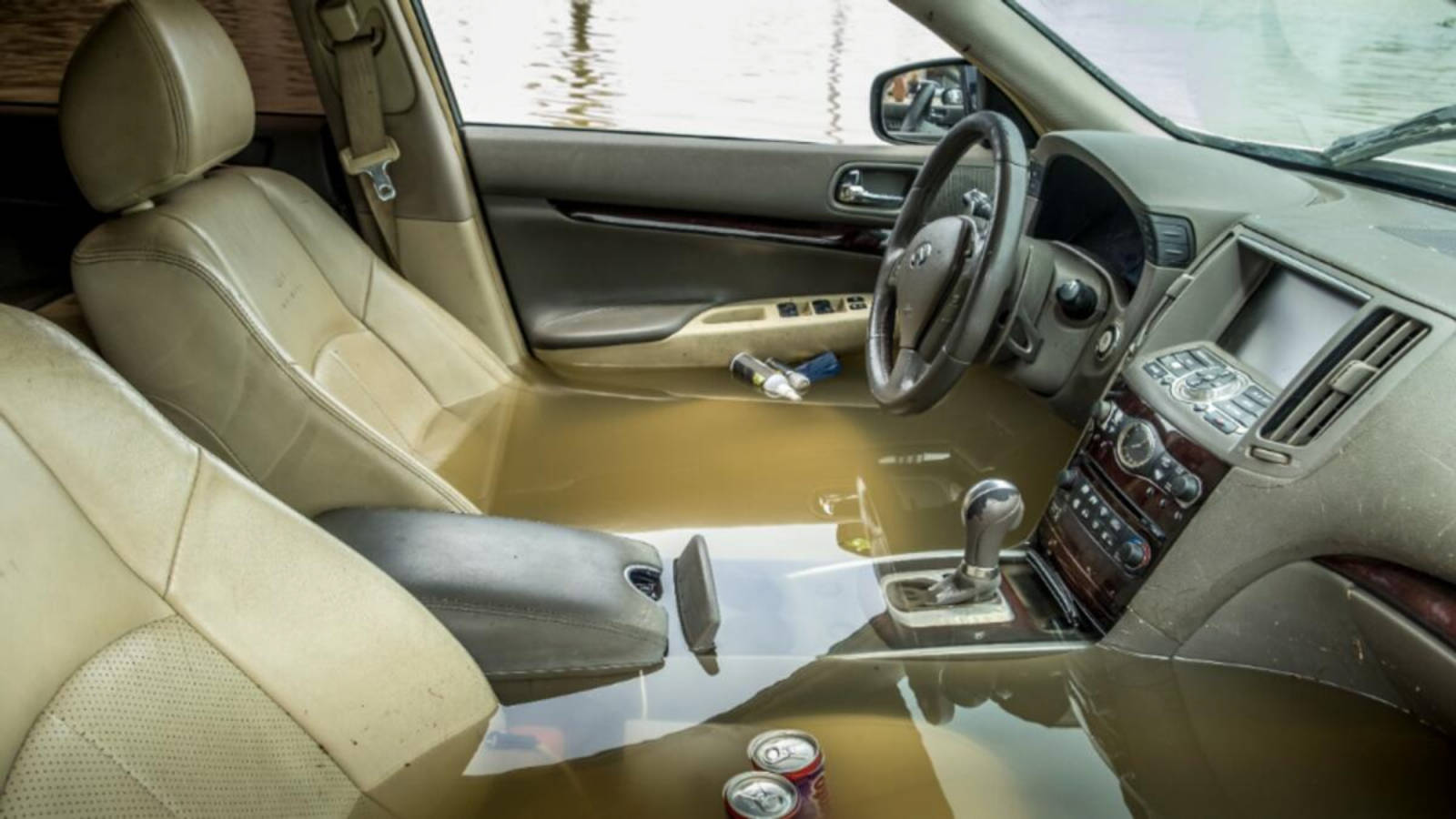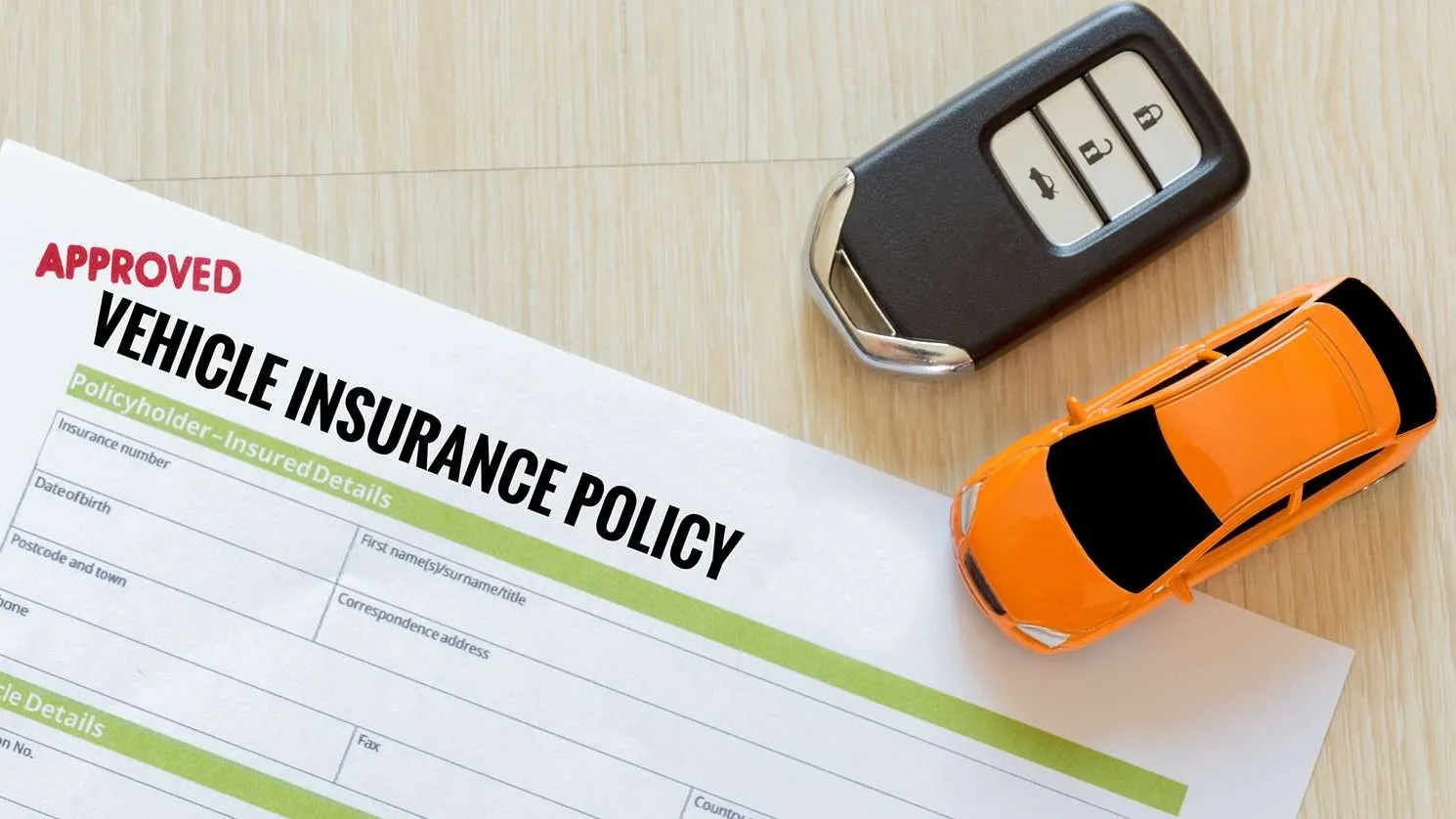Why Does My Car Accelerate Slowly? Here Is A Detailed Guide On Symptoms, Causes & Fixes

A car that hesitates and struggles to pick up speed when you press the gas pedal is a frustrating and potentially dangerous problem. Several common culprits can cause sluggish acceleration, and fixes are relatively straightforward. This guide will delve into the symptoms, causes, and solutions for a car that accelerates slowly.
Symptoms of Slow Acceleration
- Lag or Hesitation: The car hesitates or lags when you depress the gas pedal, failing to respond immediately.
- Reduced Power: There’s a noticeable lack of power, especially when merging onto highways or climbing hills. The car may struggle to maintain speed.
- Engine Sputtering: The engine may sputter or jerk during acceleration, accompanied by a feeling of inconsistency.
Causes of Slow Acceleration
Air Filter Issues
A clogged air filter restricts the airflow entering the engine. This disrupts the ideal air-fuel mixture needed for optimal combustion, resulting in decreased power output. A dirty air filter is a common and easy-to-fix cause.
Fuel System Problems
The fuel system delivers fuel to the engine for combustion. Issues like clogged fuel filters, dirty fuel injectors, or a failing fuel pump can limit fuel delivery, starving the engine and causing sluggish acceleration.
Ignition System Faults
Worn spark plugs or faulty spark plug wires can generate weak spark. This leads to incomplete combustion, reducing the engine’s power and causing sluggish acceleration.
Sensor Problems
Malfunctioning sensors like the mass airflow (MAF) sensor or oxygen sensor send incorrect signals to the engine computer. This disrupts engine performance and can lead to slow acceleration.
Vacuum Leaks
Leaks in the intake system allow unmetered air to enter the engine. This disrupts the precise air-fuel mixture needed for efficient combustion, robbing the engine of power.
Other Potential Causes
A failing catalytic converter, worn transmission components, or even low engine oil can sometimes contribute to slow acceleration.
Diagnosing Slow Acceleration
Diagnosing the exact cause of slow acceleration can involve some detective work. Here are some steps to take:

- Visual Inspection: Start with a simple visual inspection. Check the air filter for clogging and consider replacing it if it is dirty or overdue for maintenance. Look for any loose or disconnected hoses that could indicate a vacuum leak.
- Check Engine Light: A lit check engine light often signifies an issue related to engine performance, including problems that might cause slow acceleration. Consult a mechanic to scan the fault codes for a more specific diagnosis.
- Mechanic’s Expertise: For a comprehensive diagnosis, consulting a qualified mechanic is recommended. They can assess the fuel system, ignition system, sensors, and other components to pinpoint the problem.
Get a complete inspection of your vehicle from DubiCars. Our partner AutoHub evaluates the car with over 240 checkpoints and provides a comprehensive report on the condition of the car.
Fixing Slow Acceleration
The repair solution depends on the diagnosed cause. Here’s a general breakdown:
- Simple Fixes: If a clogged air filter is the culprit, replacing it with a fresh one is a simple and inexpensive fix.
- Professional Repairs: For most other causes, professional repairs are necessary. A mechanic can clean or replace faulty fuel system components, service the ignition system, or address sensor or vacuum leak issues.
Preventing Slow Acceleration
- Regular Maintenance: Regularly scheduled maintenance plays a crucial role in preventing slow acceleration. This includes replacing air filters and spark plugs at recommended intervals as specified in your car’s owner’s manual.
- Attention to Performance: Be mindful of your car’s performance. If you notice a decrease in acceleration or hesitation, address it promptly to avoid further problems and potential damage.
- Addressing Check Engine Light: Don’t ignore a check engine light, especially if accompanied by slow acceleration. It might indicate a problem that needs attention.
Slow acceleration can significantly impact your driving experience and safety. By understanding the symptoms, causes, and solutions outlined above, you can diagnose the problem and get your car running smoothly again.
Remember, preventive maintenance is key to avoiding these issues and ensuring optimal engine performance. If you’re unsure about the cause of slow acceleration in your car, consult a trusted mechanic for a proper diagnosis and repair.
Find used cars for sale in the UAE and new cars for sale in the UAE.
Subscribe to DubiCars’ WhatsApp Channel for the latest automotive news, guides, polls, and informative infographics.
Stay tuned to UAE’s most popular auto blog for more information about car mechanicals.
Also Read:
- Abandoned Cars In The UAE: Top Things To Know
- Guide To Automotive Terms — Car Segments
- How To Get The Best Price For My Used Car?








